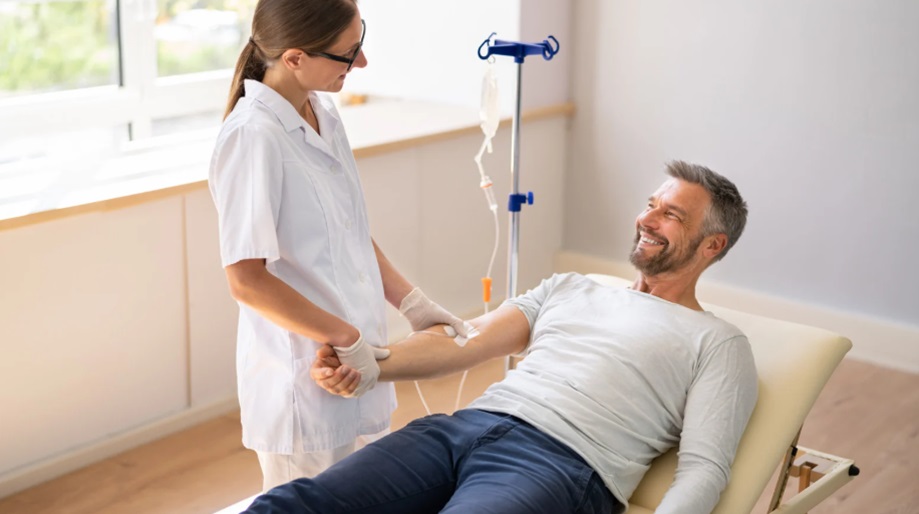Helpful Tips for Maintaining the Safety of Ketamine Infusion Therapy

Ketamine infusion therapy has proven to be a powerful treatment for individuals with depression, PTSD, anxiety, and other mental health conditions. While its benefits are well-documented, ensuring the safety of patients during treatment is equally important. Ketamine infusion therapy in Columbia, MD, requires professional oversight and a commitment to patient care, making safety protocols essential in achieving the best outcomes. By understanding and following these safety guidelines, patients can maximize the benefits of this innovative therapy.
Proper Screening and Pre-Treatment Evaluation
Before undergoing ketamine infusion therapy, it’s crucial to complete a thorough medical screening. This evaluation ensures that ketamine is a suitable treatment option, considering factors such as your medical history, current medications, and any pre-existing conditions. A skilled healthcare provider will take the time to understand your health profile and recommend personalized treatment plans based on your specific needs.
During the ketamine-infusion-therapy-for-emotional-trauma assessment, it’s essential to provide accurate information about your physical and mental health. This helps providers identify any potential risks or contraindications and determine the appropriate dosage and frequency of treatment. Ensuring that all necessary precautions are taken beforehand is the first step in maintaining a safe experience.
Safe and Comfortable Environment During Infusion
The infusion process itself requires a controlled, comfortable environment. Clinics offering ketamine infusion therapy in Columbia, MD, should be equipped with a peaceful setting designed to promote relaxation and minimize stress. Patients typically receive the medication intravenously, while healthcare providers monitor vital signs throughout the session.
Having experienced medical staff present is essential for ensuring the procedure is performed safely. They monitor the patient’s responses during the infusion, checking for any unusual symptoms or side effects. Patients should always communicate openly with their providers about how they feel during the session, ensuring that any concerns are addressed promptly.
Post-Treatment Care and Monitoring
After the ketamine infusion session, the patient is generally monitored for a brief period to assess their recovery. It’s common for patients to experience temporary feelings of dizziness or disorientation immediately following treatment. To maintain safety, patients should arrange transportation home, as driving immediately after a session can be unsafe.
Follow-up care is also important to track any long-term effects and ensure that ketamine therapy continues to be effective. Healthcare providers often advise patients to monitor their mental state and report any changes, both positive and negative, in their mood or overall well-being.
Patients should also refrain from making major decisions or engaging in strenuous physical activity in the hours following treatment, as it may take time for the body to fully process the effects of the infusion.
The Role of Support Networks
In addition to professional care, having a support system in place can significantly improve safety during the recovery process. Engaging with physician-sunday-support groups or seeking emotional support from trusted friends and family members can provide patients with the encouragement needed to continue their healing journey.
Support networks also help ensure that patients stay on track with any post-treatment recommendations and attend follow-up sessions. The emotional support provided by loved ones can further enhance the therapeutic effects of ketamine, creating a more holistic approach to mental health recovery.
Conclusion
While ketamine infusion therapy has emerged as an effective treatment for a variety of mental health conditions, ensuring patient safety throughout the process is essential. From thorough screening and pre-treatment evaluations to a supportive environment during the infusion, every step must prioritize the well-being of the patient. By working with experienced healthcare providers, following post-treatment guidelines, and maintaining a strong support system, individuals can safely benefit from the powerful effects of ketamine therapy.
As ketamine continues to gain recognition in mental health treatment, maintaining safety will remain at the forefront of successful outcomes. With the right care, ketamine infusion therapy can offer new hope and lasting relief for those struggling with mental illness.
